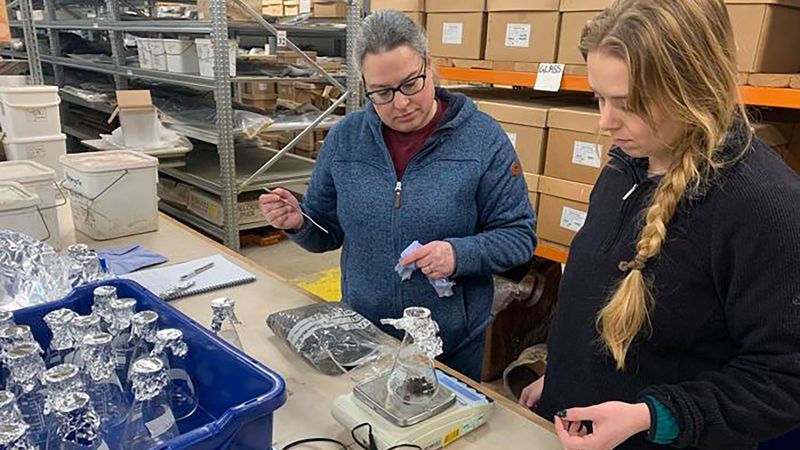- Science Simplified
- Posts
- This week in science
This week in science
Happy Wednesday morning! Thanks for joining in for another week.
Enjoy! And let me know what you think by taking the polls at the bottom and/or sending me an email with your thoughts.

A little while ago Elon Musk’s brain computer interface company, Neuralink, implanted their device in a person for the first time. They’ve started posting updates and the patient seems to be doing well, which by itself is encouraging.
But more importantly, the quadriplegic patient has been using the implant to play video games including mario kart and Civ 6 using only his mind. Pretty sweet. Civ 5 is better, but Civ 6 is acceptable.
Organ donors are in short supply, leaving many people waiting on transplant lists for years. One possible future solution is using modified transplants from animals with similar organs to us. For example, doctors recently transplanted a modified pig heart into a heart failure patient. Check out my writeup on it here.
And they’ve done it again! A different set of doctors used a similar strategy and genetically modified a pig kidney to make it more compatible with humans. They’ve been working towards this for years and recently published their work.
The kidney recipient is doing well and on track to be discharged soon.
Microplastics are a problem, and apparently are now even invading fossils. Where can’t they go!?
The study: The contamination of in situ archaeological remains: A pilot analysis of microplastics in sediment samples using μFTIR
First things first, this is a very preliminary study looking at intermittent fasting, so it’s not worth worrying about or making decisions based on. But it’s interesting.
Intermittent fasting gained popularity over the last ~decade or so as a diet based on eating during only a small portion of the day. It’s shown some positive short term benefits and a lot of people find it simple and easy to follow, a key recipe for an effective diet.
However, this recent study found that it leads to a whopping 91% higher chance of cardiovascular related death. Note, this work isn’t peer reviewed or published yet. It was simply presented on a poster at the American Heart Associations yearly conference, and they posted the abstract online, gaining the preliminary study lot of news coverage.
I’m skeptical. It seems like too big of a difference for a diet that’s had overall very positive results (at least seems that way). I’m going to keep following the story and see what the study looks like once it’s published.
Read more here:
See you next week for more science,
Neil


If you liked this post and want to keep getting cool science delivered to you, sign up for free:



Reply